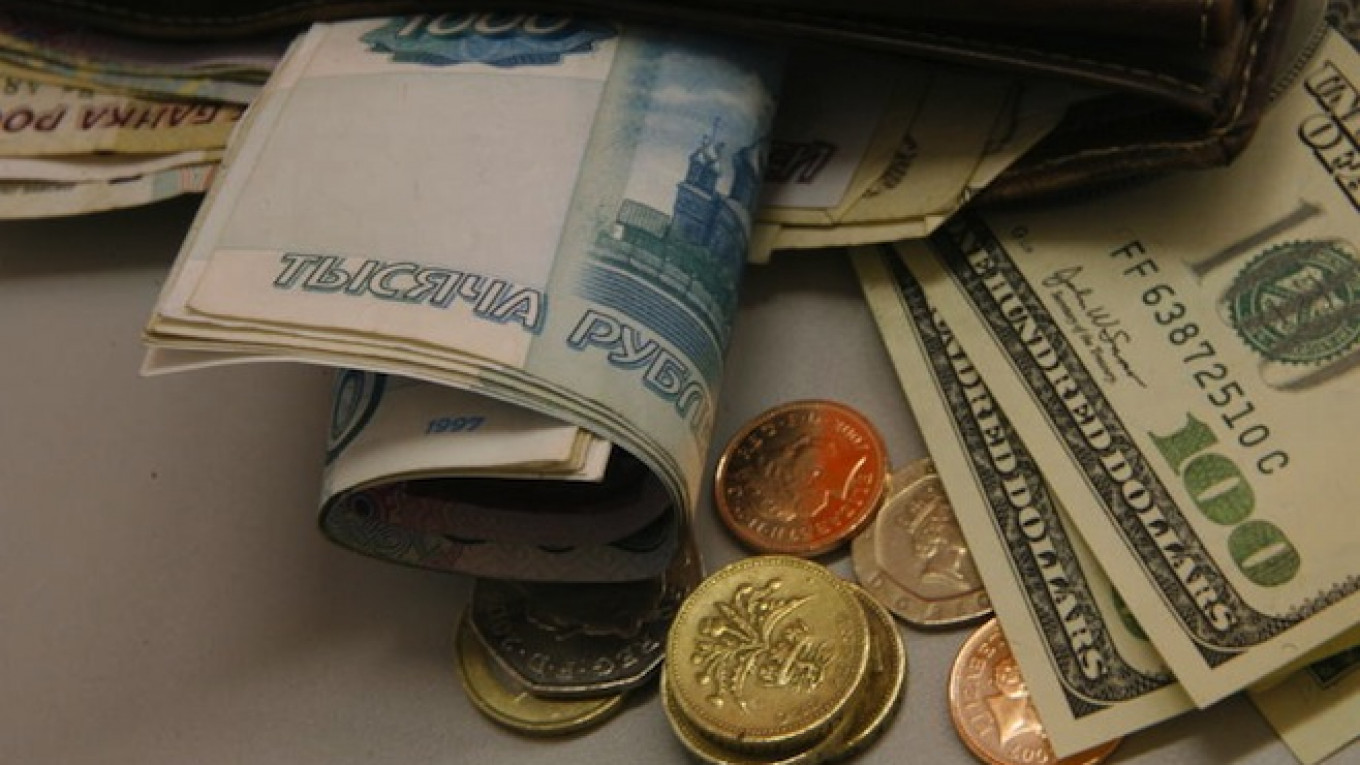It's too bad that schools don't devote the same number of classroom hours to economics as they do to physics, biology or even chemistry. If they did, it would improve people's lives and the government would have an easier time explaining its actions and why this or that economic policy doesn't work.
Some might wonder why schools even teach chemistry at all. Almost nobody uses that knowledge in their daily lives, and only a very small handful of students who plan careers in some related field find it truly interesting. And yet, it seems to me that chemistry lessons bring some benefit to everyone. For example, any student who witnesses at least once how a seemingly innocent mixture of substances can suddenly explode will at least act a little more cautiously in everyday life. In the same way, even if a student doesn't remember the scientific name of a poisonous plant from his botany class, the simple knowledge that some plants are poisonous is helpful and justifies including it in the high school curriculum.
It would be great if enough economics was taught in school to make people stop taking out loans at 20 percent that are payable by the end of the month. But not only that. Maybe fewer Russians would have raised a cry over the Central Bank's inability to cope with the dollar last fall. The phenomenon was actually very straightforward: with falling oil prices and the imposition of sanctions, if the Central Bank had maintained a fixed exchange rate, it would have led to a sharp increase in unemployment, but a floating rate kept unemployment stable. Also, whenever the Central Bank lowers the prime lending rate, inflation increases, so as long as the rate of inflation remains at unacceptable levels — and 15 percent is unacceptable by any standards — it is practically impossible for the Central Bank to lower its rate. And the ban on imported goods cannot but lead to a lower standard of living. Or else a somewhat more difficult concept: The creation of the euro zone led to a situation in which it was difficult for Greece to cut costs while Germany essentially gained a way to constantly keep its currency undervalued — and that means both sides are responsible for the crisis and for its eventual resolution.
That might sound odd: In what sense does Germany have its "own" currency, and how can a non-existent currency be undervalued? Well, a class in economics would explain that analyzing alternative scenarios that never came to fruition helps in understanding the scenario that did. History lessons often mention what might have been, but they never explain that what didn't come to pass can actually offer more insights into actual events than what did happen. At the very least, if students at school studied economics they would learn that it is a serious science with a long history, and that it employs powerful tools with extensive capabilities. They would understand that economics can offer very satisfying and useful answers to a great many real life questions.
So the next time you want to criticize the actions of the Central Bank or solve all of Greece's problems in one fell swoop — without understanding the principles of economics or even wanting to try — go out and buy some battery electrolyte, heat it over a high flame for two hours, then cool it and drink it all down in one big gulp. That will help you understand the importance of chemistry, and by extension, perhaps economics as well.
Konstantin Sonin, a columnist for Vedomosti, is professor of economics at the University of Chicago and the Higher School of Economics in Moscow.
A Message from The Moscow Times:
Dear readers,
We are facing unprecedented challenges. Russia's Prosecutor General's Office has designated The Moscow Times as an "undesirable" organization, criminalizing our work and putting our staff at risk of prosecution. This follows our earlier unjust labeling as a "foreign agent."
These actions are direct attempts to silence independent journalism in Russia. The authorities claim our work "discredits the decisions of the Russian leadership." We see things differently: we strive to provide accurate, unbiased reporting on Russia.
We, the journalists of The Moscow Times, refuse to be silenced. But to continue our work, we need your help.
Your support, no matter how small, makes a world of difference. If you can, please support us monthly starting from just $2. It's quick to set up, and every contribution makes a significant impact.
By supporting The Moscow Times, you're defending open, independent journalism in the face of repression. Thank you for standing with us.
Remind me later.


